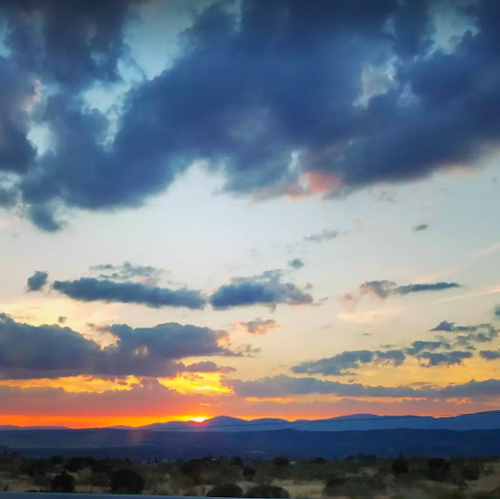“You’re basically committing suicide. For a man.”
I usually eye-roll at my Mom’s hysterics. But this time, I understood what she meant: In an imploding world, you’re safe here. You have food, help, and a support system that can provide whatever you might need — doctors, supplements, oxygen concentrators, horse anti-parasitics.
But you’re leaving. Protected by a questionably-effective vaccine. Taking a long-haul flight into a country where you know no one, are unfamiliar with the health care system, and can barely say “cough” in the native tongue. You are launching straight into ever-morphing travel rules and anti-asian sentiment that might find you homeless and helpless.
*
As a traveler, I used to be pretty audacious. Unfortunately, covid fearmongering changed that. I am now pure paranoia. For months, I equivocated about leaving. What nga if I get sick? What if i . . . die??? I needed to find a way through this fear and wrest back some of my power.
*
The Stoic Epictetus said, “Philosophy’s main task is to respond to the soul’s cry; to make sense of and thereby free ourselves from the hold of our griefs and fears.”
I parsed through my angst and pitted them against rational thought:
What if I travel and get sick? / You could catch covid even if you stayed home.
What if I can’t get medical attention? / Getting covid doesn’t necessarily mean you will need medical attention. And worst case, you have medical insurance.
What if I leave and there is a family emergency? / Get over yourself; staying home doesn’t equate to the prevention of family emergencies. Talk to the family before you leave. Have a plan.
What if I die? / Well, then there really wouldn’t be anything to worry about, would there?
An examination of the fears we hold illuminates this important point: Our fears are not Fact. Nor are they Foregone Conclusions.
*
And what about my other latent fears that haven’t had enough air time recently? The fear of regret. The fear of living with What Ifs. The fear of settling back into a too-comfortable life that doesn’t propel progress. Aren’t these more valid fears worthy of consideration?
*
To thrive, the Stoics believe constant exposure to our fears allows us to prepare for them. They espouse practicing or at least visualizing the materialization of the worst. “The man who has anticipated the coming of troubles takes away their power when they arrive,” said Seneca.
Mentally going through what could happen allows me a prepared response. So, I do as much as I can. I grab myself a fully changeable airline ticket, good medical insurance, a hefty stock of vitamins and supplements, and a WHO-certified vaccination card. I do walk-throughs with my family about what to do in case of emergencies back home. I keep travel plans wide open and entirely flexible. I do contingency planning with staff. I write my will.
Then I take a deep breath and go forth.
Because if I am to flourish in a time of extreme uncertainty, I need a radical reframing.
I could choose to view this as committing suicide for a man. Instead, I choose to see it as recommitting to courage. For me.

